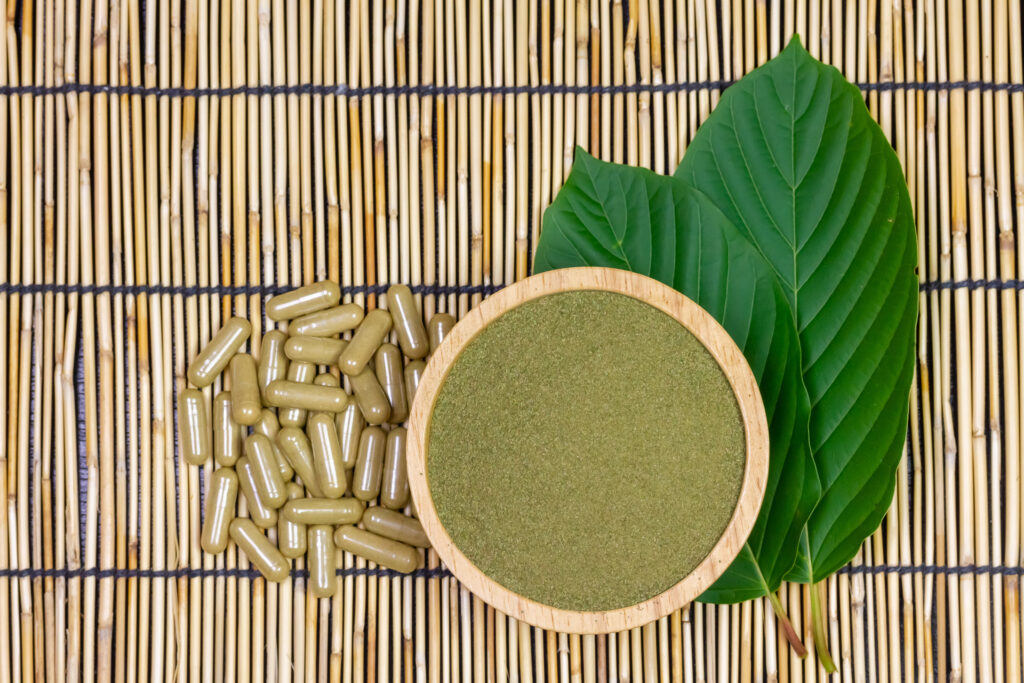Is My Adult Child Using Drugs?
Few things can make a parent more nervous than the idea that their son or daughter may have a drug problem. Even when our kids grow up and leave the next to begin lives of their own in college or career, we never stop being concerned about their welfare.
But it’s not always easy to tell when a person has an addiction to drugs or alcohol. Especially if you aren’t living with that person or seeing them every day. People who have a substance use disorder are often in denial about it themselves and they frequently take great steps to conceal their drinking or drug use from others.
This Redemption Recovery article explores some of the more common signs that your child may be using drugs.
Physical Signs That May Indicate Drug Use or Addiction
Physical signs of potential drug or alcohol use can be tough to spot if you don’t see your son or daughter regularly, but parents tend to have a sort of sixth sense about these things. We can usually tell if something’s not right with our kids, even if we aren’t certain exactly what’s wrong.
Some physical signs and symptoms that may suggest drug or alcohol addiction include:
- Bloodshot, tired-looking eyes.
- Slurred or “too relaxed” speech pattern.
- Unusual or unexplained weight loss or gain.
- Dilated (large) or constricted (too small) pupils.
- Unusual sores or scratches on the skin
- Stained or burned fingertips
- Bruises or track marks on the arms
- Uncharacteristically pale, spotty, or unhealthy-looking skin.
It’s important to take note of unusual changes in appearance, but do it in context and with reason. In other words, you don’t want to suddenly conclude your daughter is addicted to amphetamines simply because she’s lost a significant amount of weight recently. There may be innocent explanations for some (but not all) of the symptoms listed above. Take them in context with other cues or signs you may be seeing, such as unusual behavior changes.
Behavioral Signs That May Indicate Drug Use or Addiction in Your Children
People who are addicted or dependent on alcohol or drugs will often go to great lengths to try and hide their problem. Addiction is insidious. It is a disease of the mind that slowly (and sometimes not-so-slowly) destroys the body as well. What’s worse, it convinces its victim that life is better with that drug or drink. Even in the face of grim consequences and health effects, that person may remain in denial and desperately try to conceal their habit. But this becomes harder with time as addiction progresses.
Here are some behavioral signs of addiction you can look out for:
- Rapidly declining performance at work or school.
- Unusual secretiveness about people, places, and things.
- Sudden money problems without clear explanations.
- New “friends” they don’t want anyone to meet or know about.
- Uncharacteristic mood swings (too happy, too angry, sullen)
- Suspicion or paranoia about people they used to trust.
- Angry reactions to being asked questions (even unrelated to drugs)
- Repeated car accidents and/or physical injuries (cuts, scrapes, bruises, etc.)
Again, we want to find a balance here. You should not jump to conclusions based on one or two of the things in this list. Take them in context with other signs and cues. See what other loved ones or people close to your son or daughter think.
What Do I Do If I Think My Son or Daughter Is Using Drugs?
Here’s the million-dollar question. Let’s say you’ve seen more than a few of the signs listed above and your parental sixth sense has the alarm bells ringing in your head. What’s your next move? Opening the lines of communication and keeping them open should be your first concern.
As difficult as it may be, you must try to temper your emotional response here. The temptation may be to angrily or tearfully accuse your son or daughter of using drugs. You may want to show them just how worried, disappointed, or angry you are.
Pause and take a breath. First of all, your feelings are valid. It’s only natural to be upset if you believe your adult child may be putting themselves in danger willingly. But remember that your goal here isn’t to simply show them how you feel and impress upon them how upset you are. Your goal is (or should be) for them to get addiction treatment and help to overcome the problem. So, the first thing to do is PAUSE and make sure that your intellect is driving your next action, not your emotions.
If you believe your son or daughter may be using drugs:
- Pause and take a deep breath.
- Make a list of what you know for a fact and what you merely suspect.
- Consider your approach or appeal to them before you make it.
- Try to rely on your intelligence more than your emotions (we know it’s hard!)
Helping Your Son or Daughter Overcome Addiction
Open communication is the key to being as helpful as possible to your loved one who is grappling with addiction. You want your son or daughter to feel comfortable telling you the truth, the whole truth, about any drug or alcohol use.
Easier said than done, yes. But it is important that they feel as safe as possible confiding in you if you expect to get even a small glimpse into the problem. This means tempering your anger, withholding judgment, and avoiding any “guilt-tripping” or manipulation.
Guilt trips and anger are not effective. All they will do is push them away when you need them closer to you. Instead, let them know that they can come to you with anything. That you are ready to listen and not react immediately. Tell them you love them and you simply want to help. Remind them that whatever they may be facing, they are NOT alone in it — unless they are choosing to be alone.
You and Your Loved One Against Addiction
You and your son or daughter are on the same team. Tell them that. Tell them more than once if you need to. Keep reminding them that it is you and them versus their addiction and you’re ready to do whatever you can to help them. Show understanding and compassion, but let them know that you cannot just stand by and do nothing at all if they are in trouble with addiction.
Work together to make a plan to get them the help they need. If they won’t work with you on that, start the legwork on your own,
To help your son or daughter with an addiction:
- Become an ally, not a disciplinarian.
- Tell your son or daughter you love them.
- Show compassion, but not complacency.
- Work together to get them addiction help if you can.
- Work by yourself to find them help, if you can’t.
Treatment For Addiction In Ohio
Your son or daughter is not alone in facing addiction —- neither are you. Redemption Recovery is one of Ohio’s most well-regarded drug and alcohol treatment programs. If you have any questions about addiction treatment in Ohio, family intervention, or how to talk to your adult child about addiction — there are many addiction helplines in Ohio, including ours. We are here to help.
We offer a comprehensive addiction treatment program right here in Richland County that includes dual-diagnosis care for any co-occurring mental health disorders like depression, anxiety, or PTSD.
Call to learn more about our range of treatment options from partial hospitalization programs (PHP) to intensive outpatient programs (IOP) and outpatient programs in Ohio. If you believe you are at an impasse with your loved one and want to consider a professional intervention, let’s talk about that. We can connect you with reputable, trained interventionists in Ohio.
Change begins with action. Call (419) 528-8007 to get started today.





